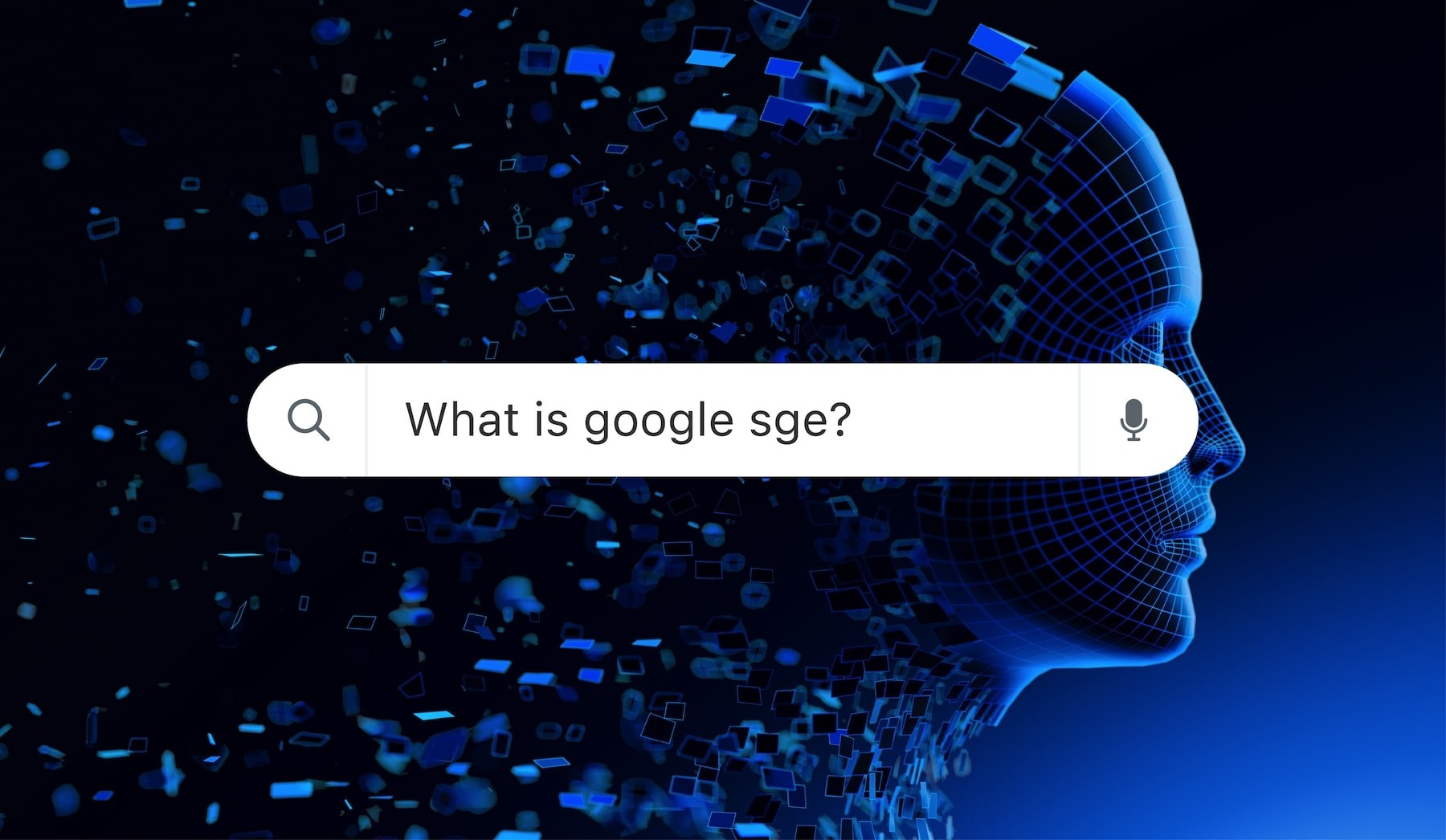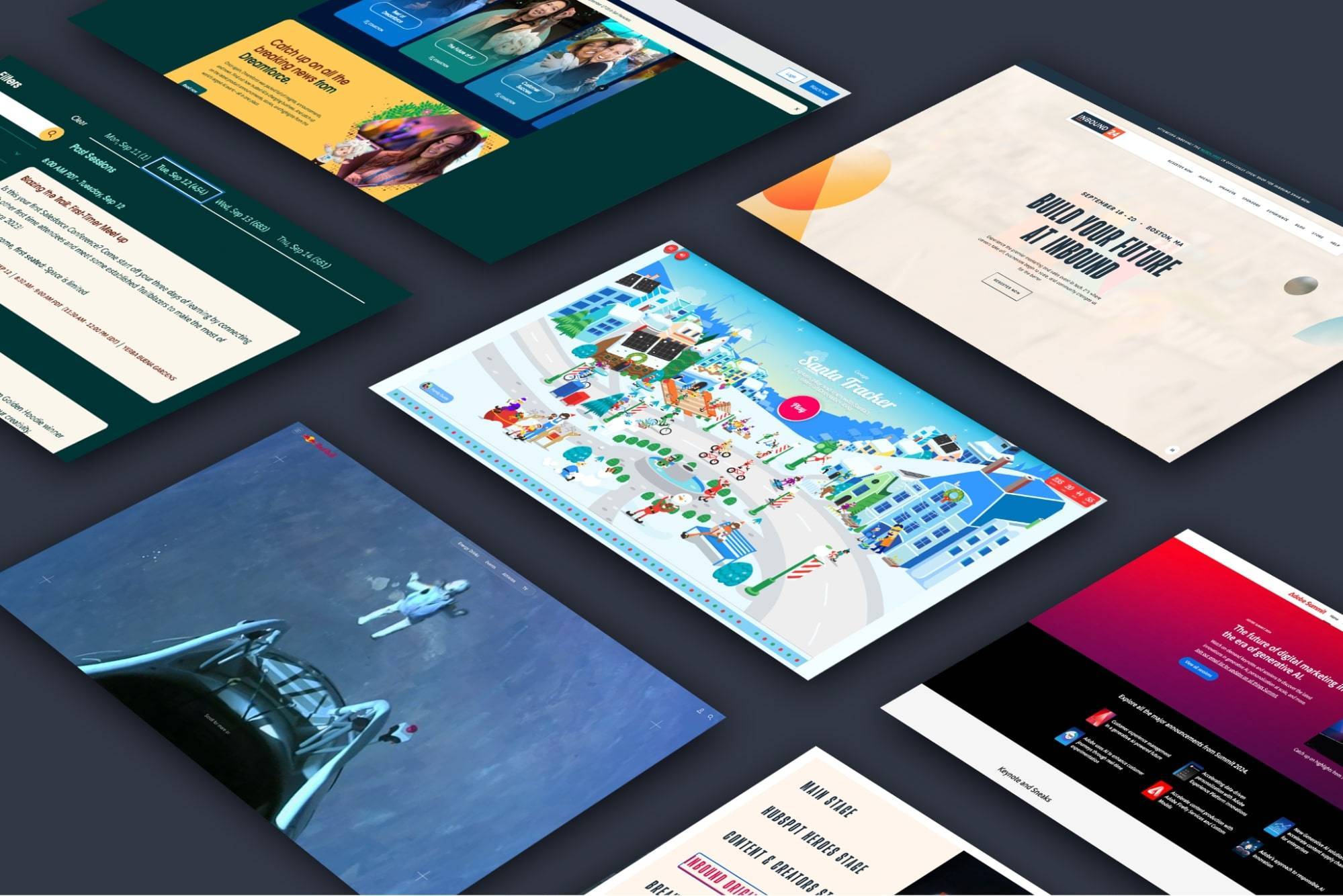

Snarky Tweets and Brand Integrity
These days, it’s all over twitter: large companies swapping jokes with each other, poking fun at their customers, and using a less-than-professional tone in their messages.
Why are brands only snarky on Twitter?
For many brands, playful messaging is unique only to their twitter. Taco Bell’s facebook posts are fairly straightforward, for example. Twitter has long had a reputation for being the social media channel with the most personality. By its very nature, the 140 character limit pushes accounts to be short and quippy, a limitation they don’t have on almost every other social network. Additionally, Twitter is popular as a space for real-time commentary on live news and events. Brands post more frequently, and often with less rigorous planning, on twitter. (For example, brands reacting to a celebrity flub at the Oscars have to come up with a tweet within minutes.) Twitter as a platform is more receptive to brands who want to step outside closely-guarded brand guidelines and have more fun in their marketing.
Why do businesses do it?
Many businesses feel that if their marketing messaging is more conversational and colloquial, it will humanize their brand. The idea generally runs that if a tweet from a large company sounds just like a tweet from a best friend, customers will eventually develop a closer connection to that brand. Trust grows, and so does one of the most important and revenue-generating metrics: customer loyalty.
Additionally, organizations are always looking for a way to stand-out. Standard messaging begins to feel boring to marketing teams, and so bizarre ideas gain more traction. An unexpected comeback can sometimes generate a lot of interest online (although remember “all press is good press” couldn’t be further from the truth!).
Are snarky tweets a good idea?
Many brands have spent years building a brand that allows them to show a sassy side on social media. Brands like Taco Bell, Wendy’s, KFC, and Red Bull have spent literally millions on multi-channel campaigns that reinforce their brand as edgy and even rude. For companies like these three, being less-than-professional on twitter works. Fans both expect it and love it, with the harshest and most clever comebacks sometimes scoring tens of thousands of retweets (and impression numbers in the tens of millions).
But many small and mid-sized businesses don’t have a twitter account backed by $50 million programming buys on television and 24/7 marketing teams with hundreds of specialists. For these brands, poking fun at customers without negative consequences can be difficult. Moving an established brand to a point where these kinds of tweets don’t harm brand equity takes time and effort; it’s not a “flip the switch” kind of action. That’s not to say smaller organizations can’t work toward this, but without a full multi-channel marketing program to help push brand perception, each step in this direction should be thoughtful, not an off-the-cuff tweet.
For the smallest businesses, it’s even the hardest. Small businesses thrive off of personal, catered service. Cracking negative jokes about competitors on twitter directly contradicts that push. In general, small businesses should avoid taking risks like this on twitter.
New Businesses vs. Old Businesses
There’s a lot more flexibility for new businesses who are launching a marketing presence online. These businesses don’t have to worry about established brand guidelines or long-standing customer perceptions. If you’re starting a new business, you have the flexibility to make some of these choices.
Snarky Tweets Done Right
Some brands have made snark work successfully for them. Here’s a few successful examples.
NOT COOL, COOKIE. RT @Oreo: Ever bring your own Oreo cookies to the movie theater? #slicksnacker
— AMC Theatres (@AMCTheatres) September 25, 2012
@markhoppus We will consider it, but only if you own a pair of skinny jeans, patchouli, and a pair of TOMS.
— Whole Foods Market (@WholeFoods) April 15, 2014
The Queen is 90 today. Here's 90 things about the Queen:
1. She refers to herself as 'Juan'
2. She puts a flag up every time she goes home— innocent drinks (@innocent) April 21, 2016
To launch new Old Spice Krakengärd, we're having a Social Media Beach Party with a real Kraken! Stay tuned for more cool Kraken-action! pic.twitter.com/v4Z8etZd22
— Old Spice (@OldSpice) March 16, 2017
If you’ve got four bucks, you’ve got the 4 for $4 Meal. Take that, economy. pic.twitter.com/v8kmWW5E5l
— Wendy's (@Wendys) October 12, 2015
@MensHumor We're probably going to make a lot of money today anyway. #Ballin
— Taco Bell (@tacobell) April 20, 2012
@LiyahSummers When you realise your mates are ignoring you LOOOOOOOOL #nojoke
— Tesco Mobile (@tescomobile) June 30, 2013




